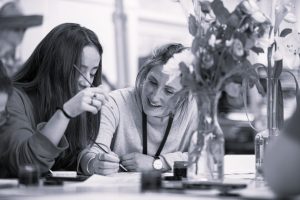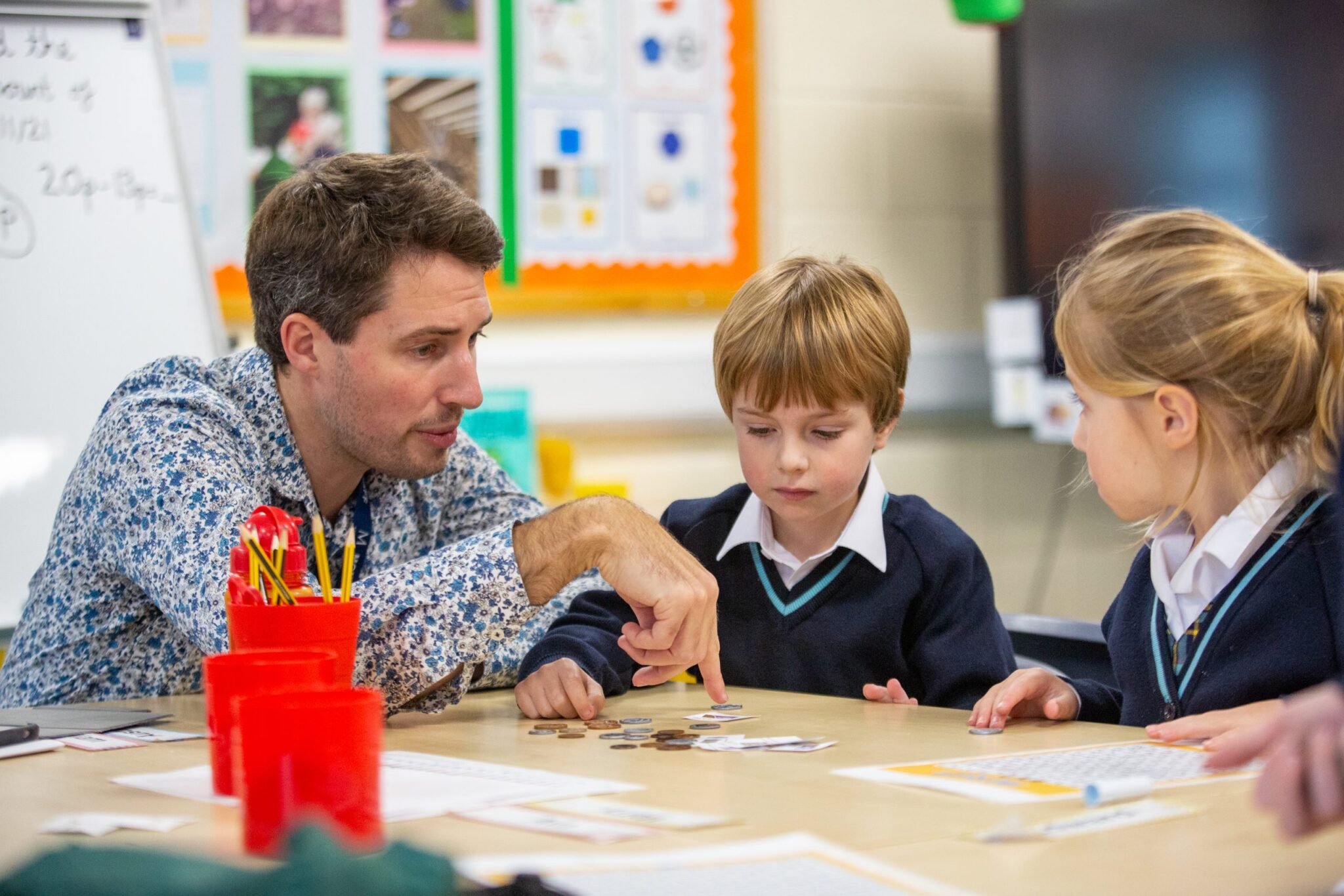Femi Koleoso, an alumnus of the charity Kinetika Bloco, says ‘heartbreaking’ decline of musical education must be overcome
A glorious cacophony of brass filled a south London community hall one afternoon last week.
At one end of a semicircle of young musicians sat Emmanuel, eight, tooting on a donated silver trumpet – his first instrument. On a tuba at the other end was Teigan Hastings, 17, who was the same age as Emmanuel when he started coming to this community music project. Last month he played in front of 35,000 people at Glastonbury.
The session – on the gang-affected Tulse Hill estate – was run by Kinetika Bloco, a music charity fighting back against the decline of music teaching in schools. Its leaders believe that learning to play and create music can improve lives in Britain’s deprived communities.
The pathway from Emmanuel’s novice notes to Teigan’s fledgling professional career maps a route to change, they say.
But figures reveal the number of children taking music GCSE hit a new low this summer, with just over 30,000 sitting exams – down by almost half from 15 years ago. It is less than the number sitting GCSEs in PE and food preparation and nutrition.
Meanwhile, two-thirds of teachers working in academies and free schools – where the annual music budget sometimes amounted to less than £1 a year for each pupil – don’t believe they have enough money to teach music sufficiently, according to a recent survey of 500 music teachers by the Incorporated Society of Musicians.
It alleged “neglect and marginalisation of music in schools” and “a shocking picture of inequality”.
Now one of Kinetika Bloco’s most successful alumni, Femi Koleoso, is demanding a change. The leader of jazz quintet Ezra Collective, who also plays drums in Damon Albarn’s Gorillaz, broke off from his band’s Glastonbury show to tell the crowd: “It is all well and good complaining about the youth of today … but let me tell you what actually works: putting a trumpet in their hands.”
It is a message that is gathering pace. The composer Andrew Lloyd Webber last month called for every secondary school pupil to have the right to learn a classical music instrument, complaining 85% of private schools have an orchestra but only 12% of state schools do.
He is funding lessons through a trust and said: “We have evidence of children who have said they could have gone into a drug gang, but just said ‘we enjoy playing music’.”
Speaking to the Guardian, Koleoso, 28, described the decline in music teaching as “heartbreaking” and called for “every child in the country to have access to learn an instrument”, not just classical.
“We have such a rich history of music in this country and to see it being defunded is painful,” he said, citing the Clash, the Beatles, Blur and Skepta.
He argued music has the power to transcend educational inequalities that have become entrenched over generations.
“Music also brings joy in ways other parts of the curriculum don’t,” he said. “I wasn’t jumping for joy for a physics lesson.”
Teigan said music was “nonexistent” at his secondary school and so he hasn’t had a teacher since he was 11, but through Kinetika Bloco, he has reached a level equivalent to grade 6 or 7 and has a band signed to management.
“If I didn’t have music, I could see my life being a lot different, hanging out with people who are influential but not in the right way,” he said.
Tulse Hill estate, said Tamzyn French, the chief executive of Kinetika Bloco, “is one of the worst estates for gangs so being a part of something else and a network of friends who are doing something positive is really important”.
Playing and learning music has been shown to improve literacy, focus and memory, according to a 2022 book The power of music: an exploration of the evidence.



